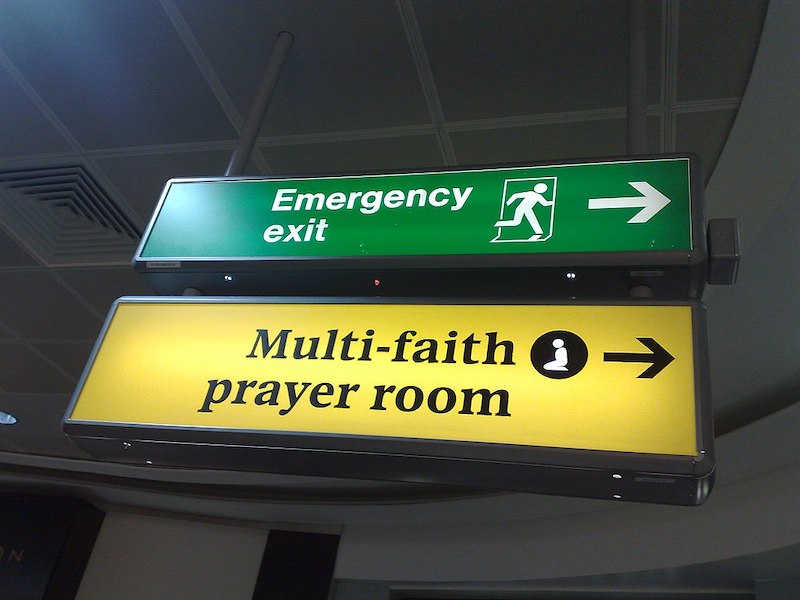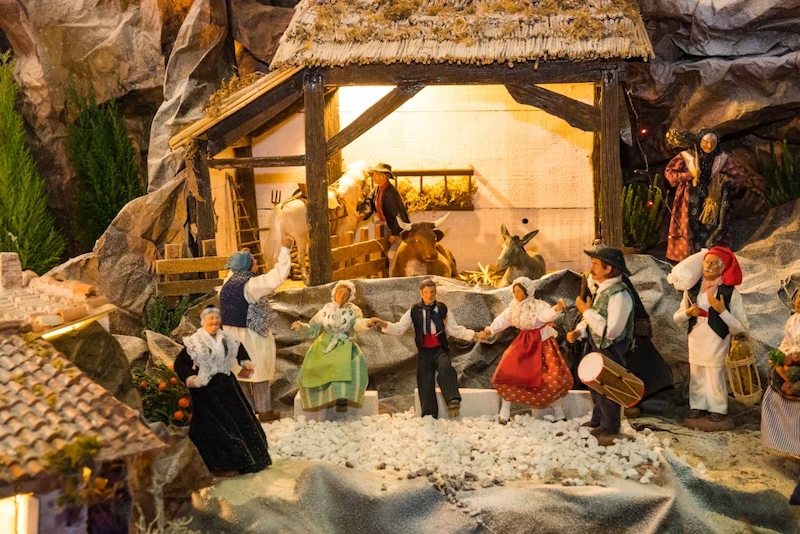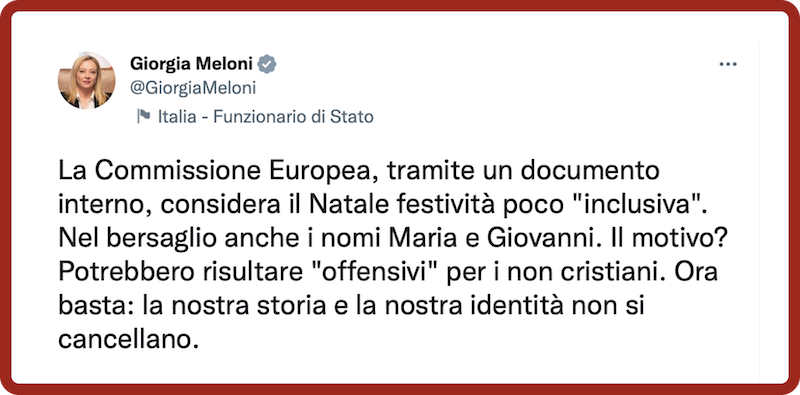“I have a message for Liz Truss… We work hard. We work the longest hours in Europe,” the Trade Union Congress (TUC)’s General Secretary Frances O’Grady told her conference in October, referring to the former UK prime minister’s leaked audio comment that British workers needed more ‘graft’.
British workers have fewer public holidays (known as bank holidays, as these were initially exclusive to bank workers) compared to their European peers.
O’Grady and other union leaders have called for new bank holidays to reward British workers and this, paired up with data from the 2021 census of the Office for National Statistics, which highlights the UK’s diversity in terms of ethnicity and religion, creates an opportunity.
Given the UK’s rich melting pot, workers of all confessions should have the same opportunity to celebrate their religious holidays with their families, from Ramadan to Diwali, from Hanukkah to Vaisakhi, as Christians celebrate theirs.
As all British workers, religious and nonreligious, need more holidays, these times could be used to learn more about different communities in Britain, as happens during Black History Month.
Another element that could reinforce a similar scenario is the role of the monarchy, as King Charles III inherited the Queen’s role as head of the Church of England, but at the same time, he labelled himself as “Defender of faiths” back in 1994 and will recognise all faiths during his coronation in May 2023.
At a time when divisions run deep and social tensions are rising, the opportunity for holidays where all Britons rest and spend time with their families, while exchanging and learning about other communities, would pay tribute to the kaleidoscope of cultures, religions, and traditions that represent the United Kingdom today.






